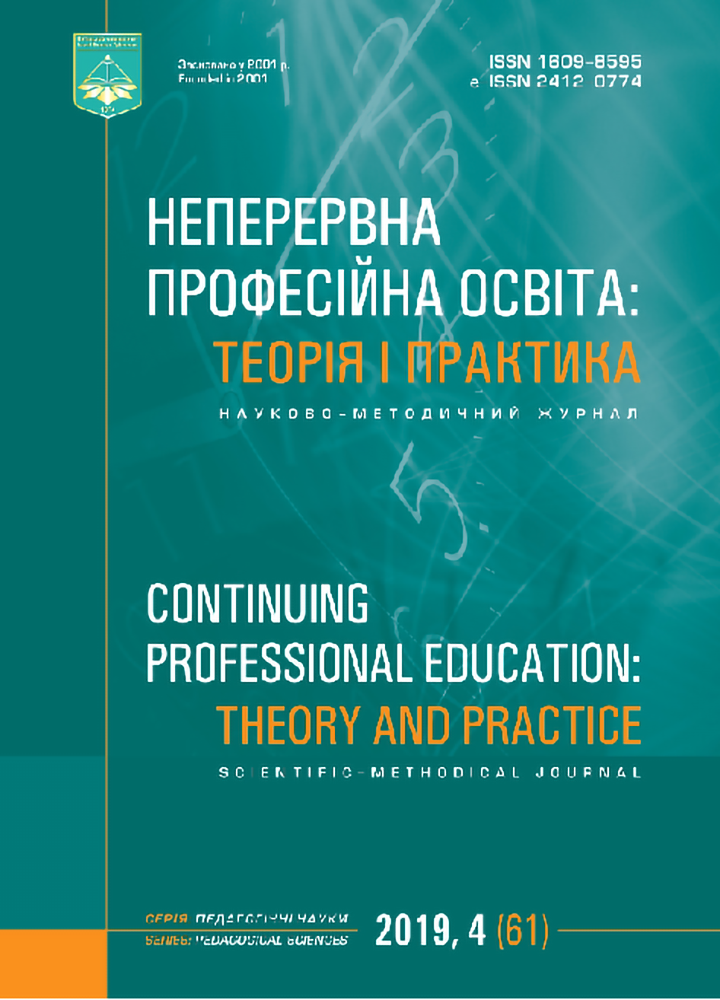THE DEVELOPMENT OF LEARNING MODULE WITH A SOCIO-CULTURAL CONTENT FOR CRITICAL THINKING
DOI:
https://doi.org/10.28925/1609-8595.2019.4.4751Keywords:
critical thinking, development, elementary school, learning module, socio-cultural contentAbstract
This research has aims: develop learning module generates critical thinking to the charge sociocultural holy, and determine the effectiveness of the learning modules think critically charged sociocultural holy developed in The Class III Elementary school. This research use method research and development (RnD) by Gall, Gall, & Borg (2003). Research participant total 61 students elementary school, male= 28 & female 33, in 10-12 years old (M=11). The data analysis technique used to assess the success of the learning module is to use a questionnaire. The results of the analysis of data from the development of a slightly critical Learning Module with sacred sociocultural content in class III elementary school are appropriate to use. The results of this research and development were declared feasible by experts with an average value of 3.6 for the results of the validation of the material experts and 3.2 for the results of the validation of the media experts, from the data obtained good data. Learning Module developed demonstrates the effectiveness of the data.References
Abduh, M. (2015). Pengembangan Media Pembelajaran Tematik-Integratif Berbasis Sosiokultural Bagi Siswa Kelas IV Sekolah Dasar. Profesi Pendidikan Dasar, 2 (2), 121–132. DOI: 10.23917/ppd.v2i2.1647 (indones).
Castells, M. (2014). Technopoles of the world: The making of 21st century industrial complexes. London, United Kingdom: Routledge (eng).
Gall, M. D., Gall, J. P., & Borg, W. R. (2003). Educational Research: an Introduction. Boston, MA, USA: Allyn and Bacon (eng).
Kay, K., & Greenhill, V. (2011). Twenty-first century students need 21st century skills. In G. Wan, D. M. Gut (Eds.), Bringing schools into the 21st century (pp. 41–65). Dordrecht, Netherlands: Springer. DOI: 10.1007/978-94-007-0268-4 (eng).
Kozulin, A., Ageyev, V. S., Gindis, B., & Miller, S. M. (2003). Vygotsky’s educational theory in cultural context. Cambridge, United Kingdom: Cambridge University Press. DOI: https://doi.org/10.1017/CBO9780511840975 (eng).
Lloyd, M., & Bahr, N. (2010). Thinking critically about critical thinking in higher education. International journal for the Scholarship of Teaching and Learning, 4 (2), 9. DOI: https://doi.org/10.20429/ijsotl.2010.040209 (eng).
Lockwood, P. (2006). «Someone like me can be successful»: Do college students need same-gender role models? Psychology of Women Quarterly, 30 (1), 36–46. DOI: https://doi.org/10.1111/j.1471-6402.2006.00260.x (eng).
Patten, M. L. (2016). Questionnaire research: A practical guide. London, United Kingdom: Routledge (eng).
Rusman (2011). Model-Model Pembelajaran Mengembangkan Profesionalisme Guru. Jakarta, Indonesia: PT. Raja Grafindo Persada (indones).
Sternberg, R. J., Roediger III, H. L., & Halpern, D. F. (2007). Critical thinking in psychology. Cambridge, United Kingdom: Cambridge University Press (eng).
Yussen, S. R., Santrock, J. W., & Cracknell, J. (1978). Child development: An introduction. Dubuque, IA, USA: WC Brown Company (eng).
Zamhuri, Z. & Harun, M. (2012). The heritage of Kudus. Kudus, Indonesia: Universitas Muria Kudus (indones).
Downloads
Published
How to Cite
Issue
Section
License
Copyright (c) 2020 Amalia Sholihati, Wuryandani Wuri

This work is licensed under a Creative Commons Attribution-NonCommercial 3.0 Unported License.



